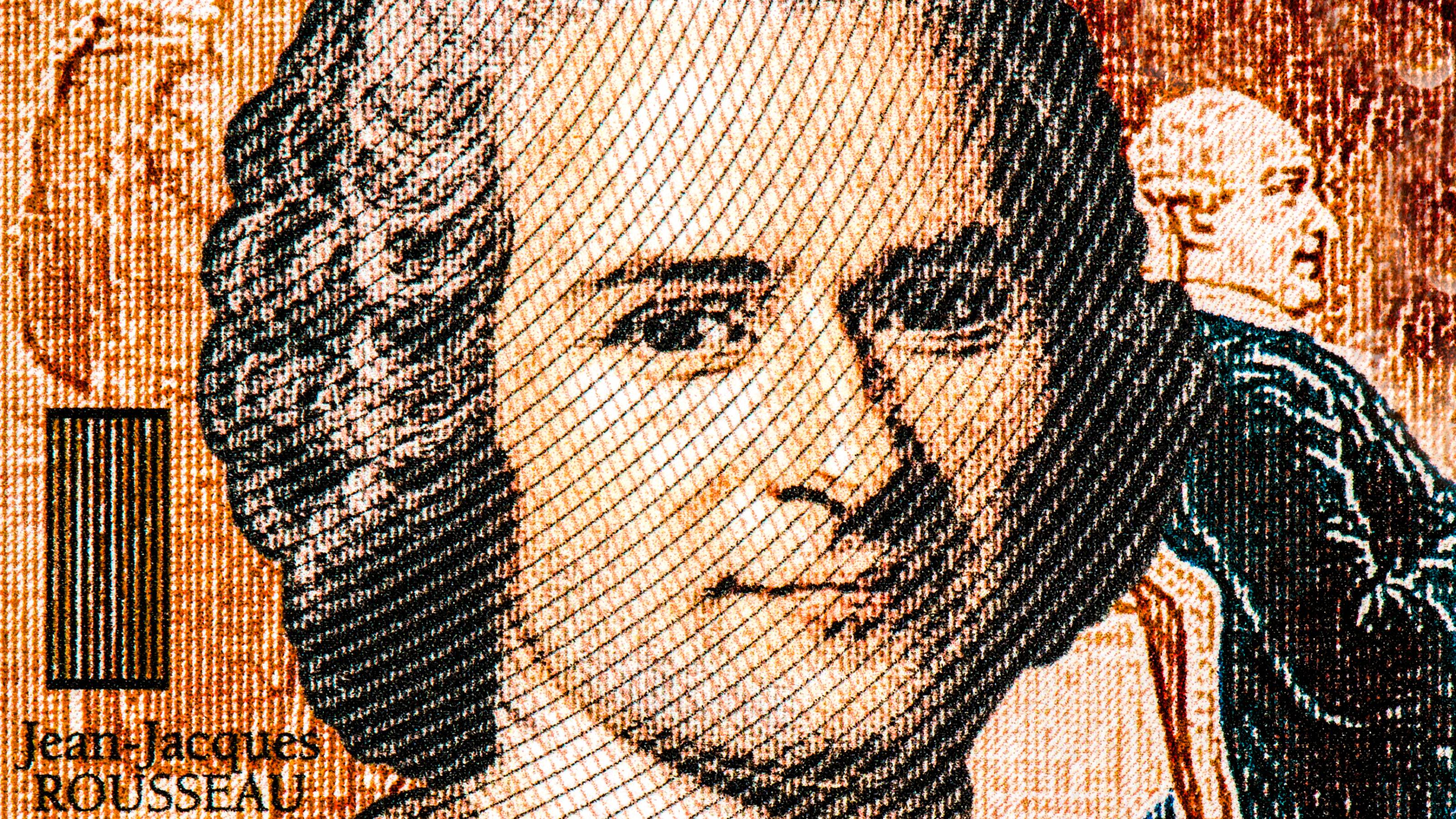Yoshino talks through the malleability of the Constitution, notably how homosexuality has become an issue of liberty rather than equal protection.
Kenji Yoshino: Well it’s changed quite a bit. And originally it really was focused on one particular clause of the Constitution, which is the equal protection clause of the Fourteenth Amendment. And that’s the home of the quality guarantee in the Constitution. It says no state shall deny any person within its jurisdiction equal protection of the law. And some people say right now – the Bush administration – that it looks at the Constitution and sees only the Article II, which is the presidential powers portion of the Constitution. In my early days I looked at the Constitution and I really only saw the equal protection clause – that that was really the key part of the document and that was what I was gonna build my career on. And for the first five years of writing I was writing about how gays fit and didn’t fit, you know, within that portion of the Constitution; how racial minorities fit and didn’t fit; how women fit and didn’t fit. And as time goes on it’s been a very happy movement for me. And it actually goes back to your earlier question, which is to say that I see that the equality guarantee is a really critical part of the Constitution, but it’s only one part of a very broad array both of rights and of powers. And we have many, many other kinds of rights that are important from a civil rights perspective so that in this key case in 2003, Lawrence v. Texas where the United States Supreme Court struck down a Texas sodomy statute. Justice Kennedy did not say this is a gay rights case, even though he and the rest of the country understood that as a gay rights case. He said we’re not gonna decide this under the equal protection clause. We’re gonna decide this under the liberty clause. And what we’re really talking about in this case is the right of all people in the United States – whether they’re gay, or straight, or bisexual, or choose to identify in some other way – to have sexual privacy. So what you do in your own home with another consenting adult is your own business. And so he actually based it on the liberty provision of the Fourteenth Amendment – the due process clause. And I felt like that was a really important decision because it changed the case from a case that was only about a tiny, tiny subset of the American polity to a case that was about all of us; everyone on the Supreme Court; everyone that the Supreme Court was addressing when that opinion was read out; and the country as a whole. So as I get older – this goes back to your question of is gayness an identity or is it something else; is it a kind of conduct – as I get older and more mature in my understanding of the Constitution, I see that civil rights can’t simply focus on the equality provision and group-based equality. It has to focus on universal liberties not just in the substantive due process clause of the Fourteenth Amendment; but also the First Amendment’s free speech rights; the First Amendment’s free exercise rights. And also in an even more subtle way in the powers provisions of the Constitutions that articulate what both _______ and the limits of federal governmental and state governmental powers are. Because oftentimes we find freedom where governmental power end.
Recorded on: 11/11/07





